Two very different community members, one organization that helps all.
One family who suffered a major loss and with the Y’s help was able to grieve, recover and move forward.
One senior who survived the Holocaust, Stalin’s Police State and with the Y’s help was able to find a home in Washington Heights’ Wien House.
Please read both stories below as they demonstrate how the Y is there for its community as it always has been for the past 102 years, 365 days a year to provide help and care, joy and celebration, grief and support, inspiration and pride – all with kindness.
It happened just at the beginning of the school year. We learned that a member of our community was diagnosed with acute leukemia. The Y immediately offered financial help because the head of the household could no longer work. The resulting unexpected medical bills were piling up, and his wife could no longer afford paying the fees for the Y’s After-School Program for her two children. With the help of the NY Times Neediest Cases Fund, we were immediately there to ensure that the children could continue with their care and activities.
Sadly, in autumn, when the illness progressed, the beloved husband and father died. The Y continued to support the family with emotional, social and financial support. In the following harsh months of winter, the Y was still there for the children surrounding them with warmth, love and care.
In the summer, when the mother needed intensive therapy to cope with her grief, the Y with the help of the NY Times Neediest Cases was again there to provide summer camp for the children so that she could concentrate on the long healing process.
Read the NY Times article : She Survived Stalin’s Police State, Then Found a Home in New York here: (https://www.nytimes.com/2019/10/22/neediest-cases/surviving-stalin-new-york.html)
“Yevgeniya Grinberg’s father was sent to a gulag, and she fled the Nazis with her mother, eventually making a home for herself in Washington Heights.
Yevgeniya Grinberg at home in Washington Heights with her dog, Bubbie. The Y.M. & Y.W.H.A of Washington Heights and Inwood used $760 from The New York Times Neediest Cases Fund to buy a new sofa bed for her living room.
Yevgeniya Grinberg was just 4 when her father was taken away.
A neighbor of theirs in Moscow, at the heart of Joseph Stalin’s police state, had overheard him describing Leon Trotsky, the Russian revolutionary, as a “good orator.” That evening, her father, Yefim Englin, was arrested under Article 58 of the criminal code, which was often used to persecute “enemies of the state.”
He was sentenced to five years of forced labor in a gulag near the White Sea. For young Yevgeniya, it was a devastating lesson about life in the Soviet Union in the mid-1930s.
“As you might guess, he was part of the intelligentsia,” Ms. Grinberg, who turns 87 next month, said in an interview in her one-bedroom apartment in the Wien House, a subsidized housing complex managed by the Y.M. & Y.W.H.A of Washington Heights and Inwood. After her father’s five years in the gulag were up, he was sentenced to five more for no apparent reason, she said.
“My mother went to see him,” she said, speaking in Russian. “It was freezing where he was by the water, and they were given very thin mittens, and some of them were not given coats. It was inhumane. My father was a political prisoner, but the way they organized the camps, he was mixed in with bandits, murderers and every other type of criminal.”
Less than four years after her father was taken away, the Nazis invaded the Soviet Union. Ms. Grinberg and her mother, Mary Englin, a pianist at the Moscow Conservatory, were evacuated to a military factory in what is now Bishkek, Kyrgyzstan.
Ms. Grinberg, who was 11, developed an ear infection that spread to her brain. A doctor urged her mother to take her back to Moscow and see a doctor there.
That week, despite the debilitating anxiety and paranoia that had consumed Mrs. Englin since her husband’s arrest, she made arrangements to sneak out of the factory. Ms. Grinberg said a manager helped them escape in the middle of the night by bribing a security guard. They boarded a train to Moscow, getting off about a hundred miles shy of their destination. Ms. Grinberg said a friend of her father’s drove them the rest of the way to avoid police officers at the train stations.
“I don’t know how my mother got the courage to escape with all of it,” Ms. Grinberg said, referring to her mother’s anxiety. “She saved my life.”
But when they reached Moscow, Mrs. Englin learned that she faced five years in prison for deserting the factory. She went into hiding, leaving Ms. Grinberg with her grandparents.
Ms. Grinberg said she saw her mother only occasionally until she was granted amnesty when the war ended. About two years later, when Ms. Grinberg was 14, her father returned home.
“He never spoke about his time” in the gulag, she said. “Maybe he was scared. I really cannot describe the fear at the time.”
A few years later, Ms. Grinberg enrolled at what is now the Moscow State University of Economics, Statistics and Informatics, where she received an accounting degree and met her husband. They had two sons together who grew up with divergent dreams — the younger one wanted to move to the United States while the older one wished to stay in Russia.
“He dreamed of freedom and America,” she said of her younger son, who settled in New York. “He had babies and was starting a family. His priority was giving his children opportunities.”
After Ms. Grinberg’s husband died, she said, she wanted to be closer to her grandchildren. She and her mother were able to get visas and came to New York in 1995.
For English lessons, Ms. Grinberg turned to the Y.M. & Y.W.H.A of Washington Heights and Inwood, a beneficiary agency of the UJA-Federation of New York, one of the seven organizations supported by The New York Times Neediest Cases Fund. She applied for an apartment in Wien House, the Washington Heights Y’s subsidized complex for low-income, older and disabled residents. Her mother died before Ms. Grinberg learned that her application had been approved.
A United States citizen since 2002, Ms. Grinberg now lives with the understanding that she may never see her older son again. Not long after she left Moscow, he had a stroke that left him unable to care for himself. His former wife moved back in with him and cares for him, she said.
“I send him diapers, towels, Vaseline, lotion to ease the pain,” she said, pointing to a large package on a side table behind her, waiting to be sent to Moscow.
Last winter, Ms. Grinberg learned she had kidney cancer. She had surgery at NewYork-Presbyterian Hospital/Weill Cornell Medical Center in February.
“I didn’t want chemotherapy at 87 years old,” she said. “At this point, you have to honestly say to yourself that either the problem or the solution — they both will kill you.”
She also has arthritis in her knees and legs, and thrombophlebitis, an inflammation that causes blood clots. She also has a cyst on her spine that “pulls and tugs” all the time, she said.
Every month, Ms. Grinberg receives $851 in Supplemental Security Income benefits and $192 through the Supplemental Nutrition Assistance Program, commonly known as food stamps.
Earlier this year, the sofa in Ms. Grinberg’s living room, which she often used to rest on, deteriorated to the point that a metal pole was protruding from it. Unable to afford a new one, she turned to her social worker at the Washington Heights Y.
In July, the organization bought her a new sofa bed using $760 in Neediest Cases funds. She uses it as a couch and also, with the help of a home health aide, unfolds it into a bed so she can lie down. Ms. Grinberg said her legs hurt when she sits for more than about a half-hour.
“It’s much better on this sofa,” she said. “I don’t need a lot. I watch Russian TV and American TV here. I read the newspapers. I live as much as I can.”
By Victoria Neznansky, Chief Development and Social Services Officer


